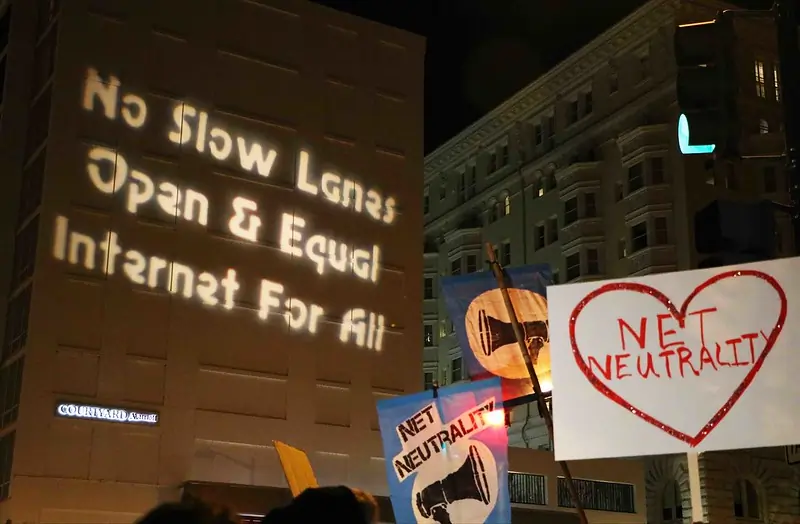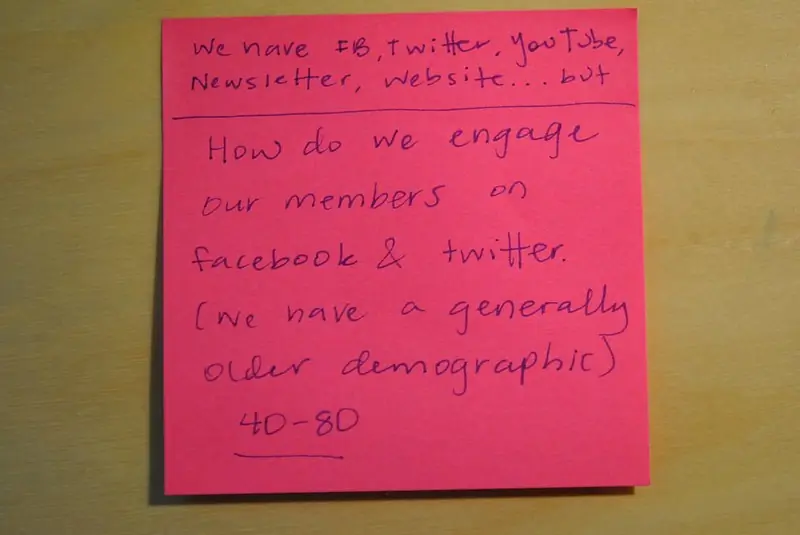In the ever-evolving landscape of influencer marketing, marketing executives are faced with a critical decision: where should they allocate their resources and focus their efforts? Should they prioritize influencers with high net sentiment scores, or is it the engagement rate that truly drives results? In this article, we'll dissect these two essential metrics and help you navigate the influencer marketing terrain with confidence.

"noslowcrowdsigns" by Backbone Campaign is licensed under CC BY 2.0.
The Influence of Net Sentiment Score
Net Sentiment Score, in the context of influencer marketing, is a measure of the sentiment surrounding an influencer or their content on social media. It is calculated by analyzing mentions, comments, and reactions to an influencer's posts to determine whether the sentiment is positive, negative, or neutral. A high net sentiment score suggests that an influencer is well-received by their audience, which can lead to increased brand credibility and trust.
Why Net Sentiment Score Matters
- Brand Alignment: Influencers with a positive net sentiment score often align more seamlessly with your brand's values and messaging. This ensures that the influencer's audience resonates with your message and is more likely to become loyal customers. This alignment can enhance the authenticity of your campaigns.
- Trust and Credibility: Positive sentiment is often indicative of trust and credibility. Followers are more likely to trust influencers who consistently share content that resonates positively.
- Risk Mitigation: Monitoring NSS helps in identifying potential PR crises early. Collaborating with influencers with a positive NSS can reduce the risk of association with negative sentiment.

"Social Media Plan: Audience Definition and Engagement" by cambodia4kidsorg is licensed under CC BY 2.0.
The Significance of Engagement Rate
Engagement rate, on the other hand, measures the level of interaction and involvement an influencer's content generates. It includes metrics such as likes, comments, shares, and click-through rates. A high engagement rate indicates that the influencer has an active and engaged audience.
Why Engagement Rate Matters
- Short-Term ROI: A high ER can result in immediate ROI. Influencers with a massive following and high ER can quickly reach a broad audience, leading to short-term sales boosts.
- Content Virality: Influencers with a high ER often produce content that resonates deeply with their audience, making it more shareable and likely to go viral.
- Brand Buzz: High ER can generate buzz around your brand, particularly during product launches or time-sensitive promotions.
Striking a Balance
While both net sentiment score and engagement rate hold their own significance in influencer marketing, the key is to strike a balance. Ideally, you should aim for influencers who score high in both categories. However, this isn't always achievable, and compromises may need to be made.
- Campaign Objectives: Consider your campaign goals. If you're aiming to boost brand sentiment and improve public perception, NSS should be your priority. On the other hand, if you want to drive immediate action or create buzz, prioritize ER.
- Audience Analysis: Understand your target audience. If your audience values authentic and trustworthy recommendations, a high NSS influencer may be more effective. However, if they respond well to interactive and engaging content, ER-focused influencers could be a better fit.
- Content Strategy: Evaluate the type of content you plan to create. Content that aims to educate, inspire, or change perceptions may benefit from NSS-focused influencers. If your content is designed to encourage immediate actions like sales or sign-ups, ER may be more important.
Conclusion
In conclusion, the choice between NSS and ER in influencer marketing depends on your campaign objectives, target audience, and content strategy. It's not about favoring one over the other but understanding when to prioritize each metric. By finding the right balance, marketing executives can create influencer campaigns that resonate with their audience and drive tangible results.
Are you intrigued by the potential of NSS and engagement rate for your brand? Contact hello@talkAItive.com to explore how our AI-driven solutions can help you achieve similar success in the dynamic world of social media marketing.

